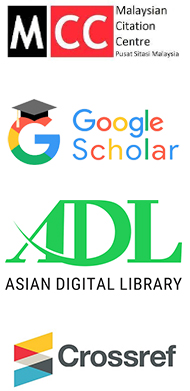Influence of Business Process Re-Engineering on Customer Satisfaction in Corporate Organisations: A Case of Sterling Bank PLC.
DOI:
https://doi.org/10.58915/ijbt.v14i3.1202Keywords:
Business Process Re-Engineering, Corporate Success, Customer Satisfaction, Organisational PerformanceAbstract
Business Process Re-Engineering (BPR) has emerged as a crucial strategic tool for organisations aiming to enhance performance and competitiveness in today’s dynamic market. This study examines the influence of BPR on customer satisfaction within corporate organisations, with a particular focus on Sterling Bank Plc. A survey research design was adopted, utilising structured questionnaires to collect quantitative and qualitative data from 100 bank employees. The data were analysed using multiple linear regression to determine the influence of BPR practices and customer satisfaction in corporate organisations. The results reveal a strong positive correlation, with an adjusted R-squared value of 56.8% and a standardised coefficient of 0.775, indicating that effective BPR implementation significantly enhances customer satisfaction (p-value = 0.000). The findings demonstrate that BPR is essential for improving customer loyalty, service quality, and overall organisational success. It underscores the role of BPR in fostering a customer-centric approach, which is critical in a highly competitive business environment. To maximise these benefits, the study recommends that organisations continuously review and refine their BPR strategies, invest in employee training, and leverage advanced technologies to optimise business processes. Furthermore, fostering a culture of innovation and responsiveness and implementing regular feedback mechanisms is vital for ensuring that BPR efforts align with customer expectations and drive long-term improvements in organisational performance.
Downloads
Published
How to Cite
Issue
Section
License
Copyright (c) 2024 International Journal of Business and Technopreneurship (IJBT)

This work is licensed under a Creative Commons Attribution-NonCommercial-NoDerivatives 4.0 International License.














